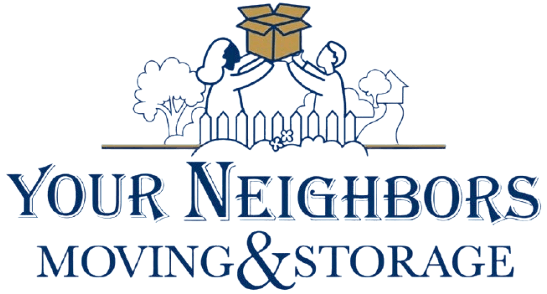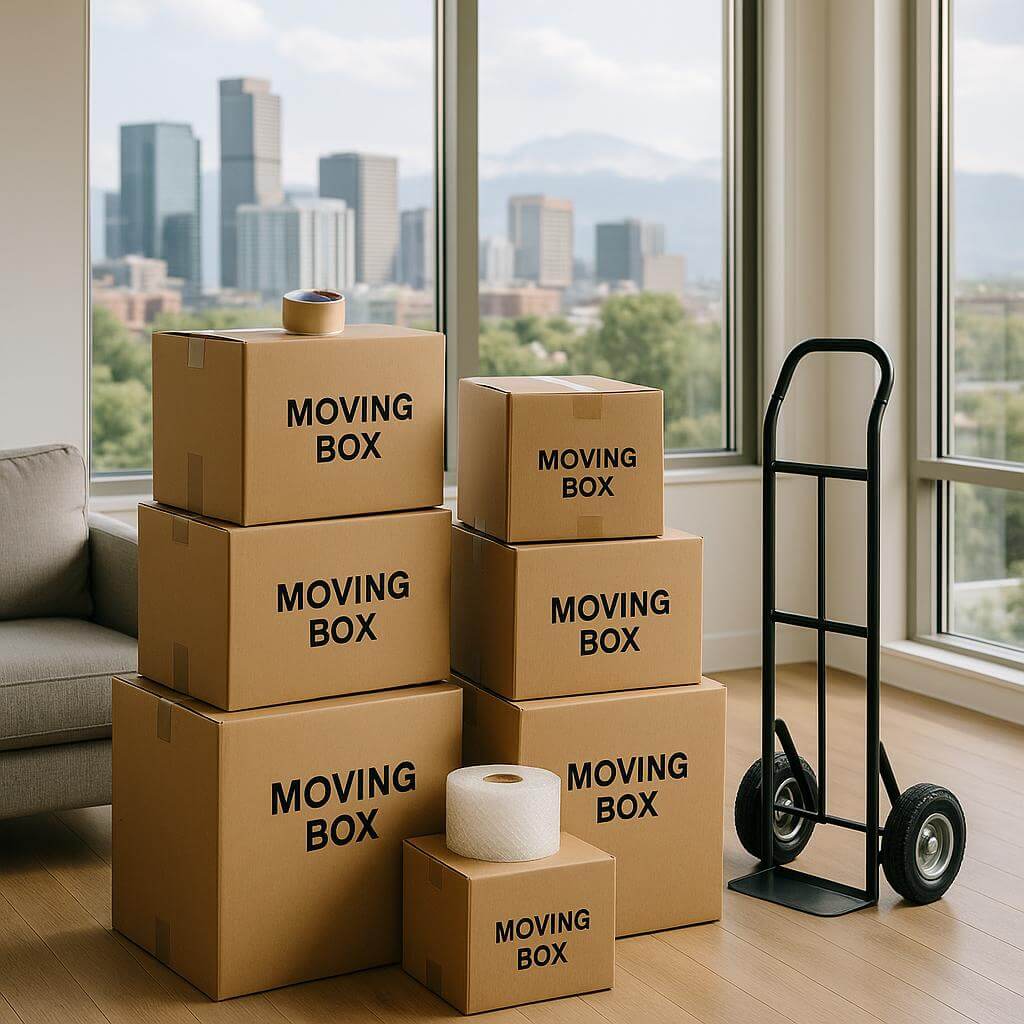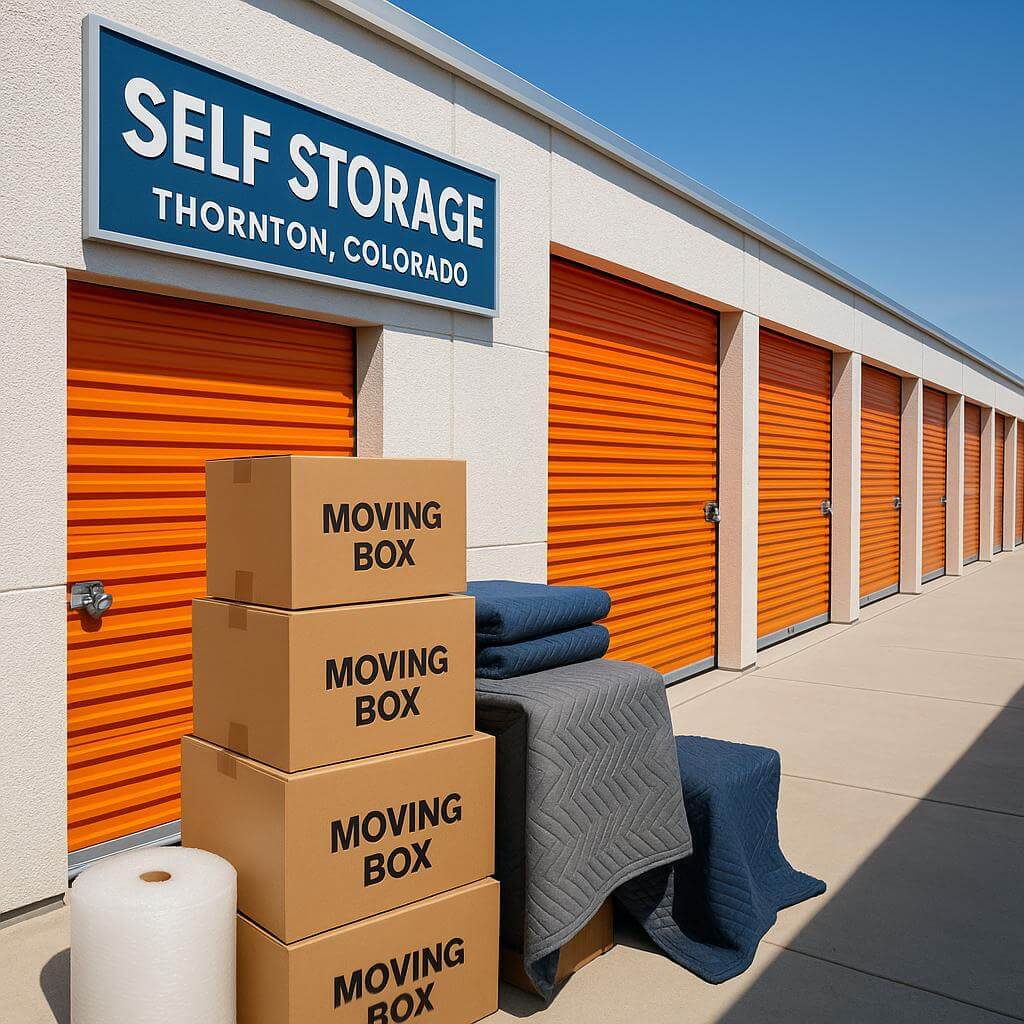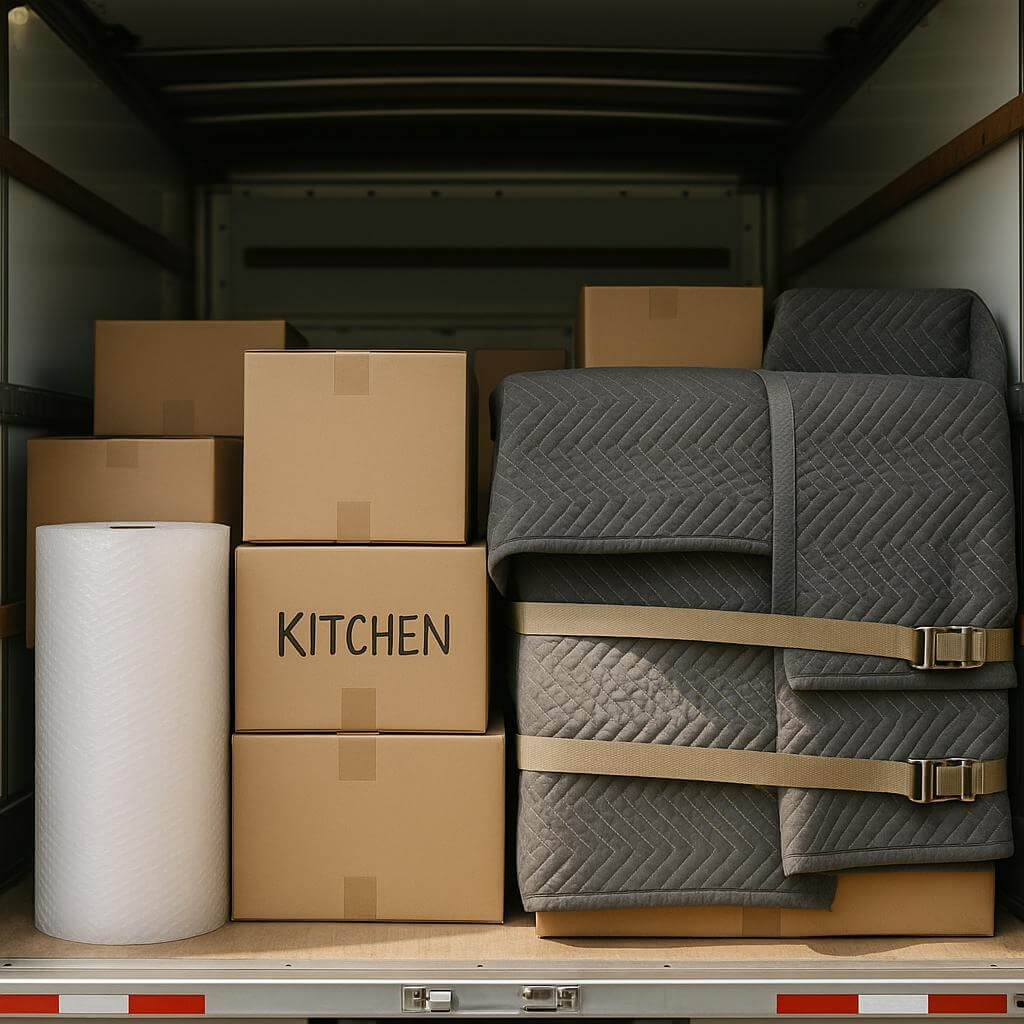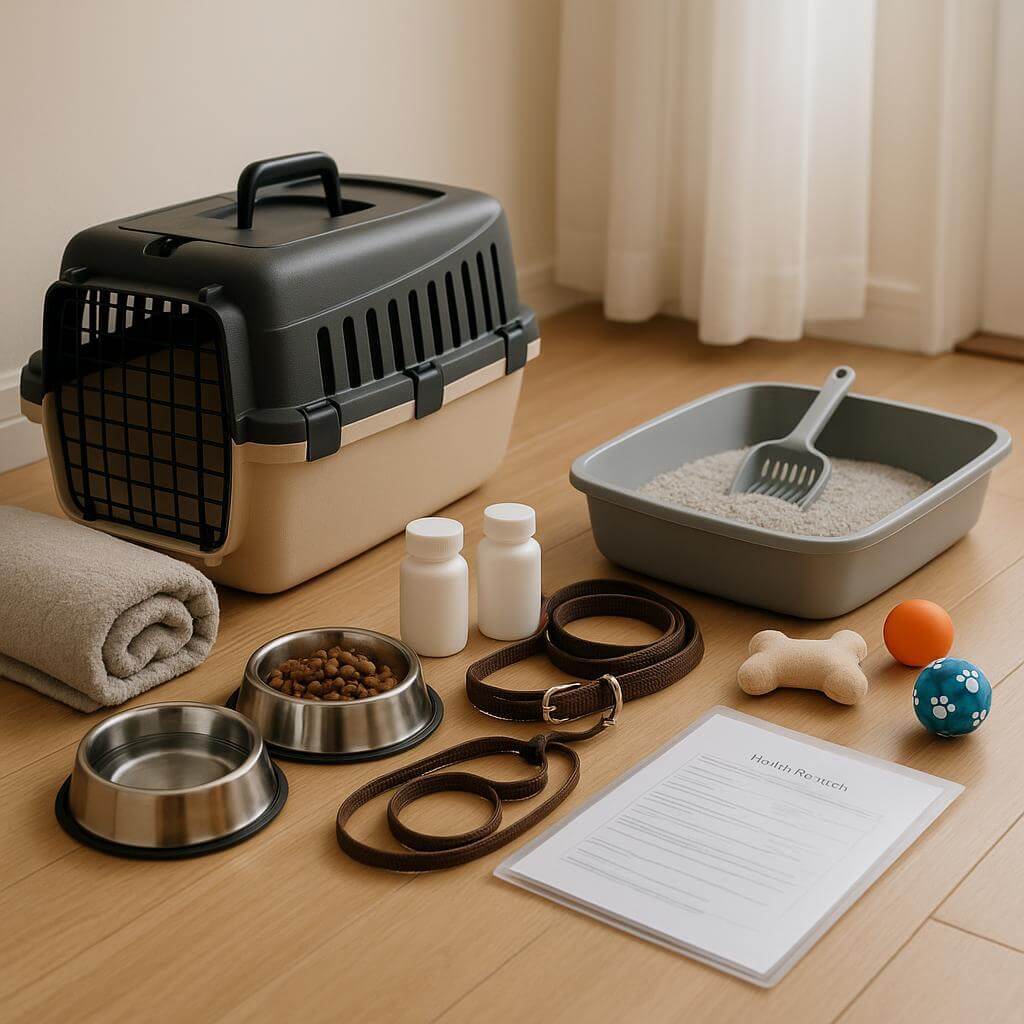
Budgeting Your Move - Expert Cost-Saving Tips
Smart Financial Planning for Your Next Move
Moving isn't just about getting boxes from Point A to Point B. It's a whole logistical puzzle, and the pieces cost money. Getting a handle on your moving budget isn't about being stingy; it's about being smart, prepared, and ultimately, less stressed. Because let's be real, nobody enjoys surprise expenses popping up when you're already juggling packing tape and address changes. Whether you're relocating within beautiful Colorado or planning a move across the country, figuring out the finances is key to keeping things smooth.
Moving is one of life's big transitions, and while it's exciting, it can also be notoriously stressful, especially when it comes to the budget. Let's break down how to budget like a pro for your next move, so you can focus on the excitement of your new chapter rather than worrying about unexpected costs.
Understanding the Basics of a Moving Budget
First things first: why bother with a detailed moving budget? Well, think of it as your roadmap. Without one, you're just driving blind, financially speaking. Creating a budget helps you anticipate expenses, avoid nasty surprises, and make informed decisions about where you can save and where it might be worth spending a bit more. Especially here in Colorado, where demand can fluctuate with the seasons, knowing your numbers beforehand gives you control. A clear budget transforms that big, scary "moving cost" cloud into a manageable list of items you can actually plan for.
So, what exactly goes into this budget? It's more than just the fee for the moving truck or the movers themselves. You need to account for:
- Packing supplies (boxes, tape, bubble wrap – it adds up!)
- Transportation fees (fuel surcharges, tolls, or mileage costs, especially for in-state moves)
- Temporary storage if needed
- Cleaning costs for your old place
- Miscellaneous expenses like transferring utilities or buying refreshments for helpers
Understanding the full scope of potential costs is step one to not being caught off guard.
Feeling a bit overwhelmed by all the potential line items? That's totally normal. This is where leaning on some professional experience can be incredibly helpful. Companies like Your Neighbors Moving & Storage aren't just about lifting heavy furniture; they understand the intricacies of moving logistics in areas like Denver and Arvada. They see the whole picture and can offer insights based on countless moves they've handled. Getting guidance from folks who do this day-in and day-out can help you build a budget that's realistic and covers all the bases.
Planning and Organizing Your Move Wisely
The foundation of a good moving budget is a solid understanding of your specific move. How much stuff do you actually have? Are you moving across town or further within Colorado? Do you have delicate antiques, a massive L-shaped couch that needs special handling, or complex disassembly/reassembly needs?
Create a Detailed Inventory
Doing a thorough walkthrough of your home, room by room, and making an inventory list (even a rough one) is crucial. This assessment helps estimate:
- The truck size needed
- The time involved
- The services required
- All major cost factors
Organize Your Expenses
Once you have a clearer picture of the scope, it's time to organize those expenses. List out all the potential costs we discussed earlier. Then, prioritize them:
- Non-negotiable expenses (like the movers or truck)
- Flexible costs (maybe you can pack the books yourself)
- Group similar costs together (e.g., all packing supplies)
Getting it all down visually makes it much easier to track and manage. Don't forget to add a buffer – a contingency fund of 10-15% is smart for those unexpected little things.
Set Realistic Budget Numbers
Setting the actual budget number requires a bit of homework:
- Get quotes from a few reputable moving companies
- Research the cost of packing materials online or from moving supply stores
- Be realistic about your needs and expectations
Aiming for the absolute cheapest option might lead to compromises in service quality or hidden fees later. For individuals and families, the goal is finding that sweet spot: reliable, quality service that fits within a sensible budget. Balance is key – you want cost-saving, not corner-cutting that leads to more stress or damaged belongings.
Use Checklists to Stay Organized
To keep everything straight amidst the packing chaos, use checklists! Create checklists for:
- Tasks (notify post office, transfer utilities, pack kitchen)
- Your inventory
- Your budget tracking
Ticking items off provides a sense of accomplishment and ensures critical details, financial or otherwise, don't slip through the cracks during this busy time.
Leveraging Professional Moving Services for Cost-Saving
Now, you might be thinking: "Hiring professional movers? Isn't that the opposite of saving money?" Not necessarily! While there's an upfront cost, using a professional service like Your Neighbors Moving & Storage can actually prevent costly mishaps and save you money (and sanity) in the long run.
How Professional Movers Save You Money
Efficiency and Expertise: Professional movers are efficient. They pack strategically, load the truck optimally, and know how to handle heavy or awkward items safely. This drastically reduces the risk of:
- Damaging your belongings (goodbye, costly replacements!)
- Damaging your old/new home (no scuffed walls or scratched floors!)
- Time delays that can mean extra rental fees or lost work hours
Insurance Protection: Reputable movers carry insurance, giving you peace of mind and financial protection against the unexpected.
Tailored Services: What really makes a difference is the personalized experience. Professional movers work with you to tailor the services to your actual needs and budget. Need full packing? Just help with the heavy lifting? A combination? A tailored plan means you're not paying for services you don't need, ensuring efficiency and cost-effectiveness.
Timing Strategies for Savings
Here's a pro tip often shared by moving experts: timing matters! If you have flexibility, try to schedule your move during off-peak times:
- Mid-month or mid-week can be less expensive than beginning/end of month or weekends
- Fall and winter are often the moving "off-season" compared to spring and summer rush
- Discuss timing options with your moving company to unlock potential savings
Professional movers with local expertise, like those serving the Denver metro area, understand these seasonal patterns and can help you find the most cost-effective timing for your move.
Additional Money-Saving Strategies
Declutter Before You Move
One of the most effective ways to reduce moving costs is to reduce the amount of stuff you're moving:
- Sell items you no longer need
- Donate clothing and household goods
- Recycle or dispose of broken or outdated items
- Gift items to friends and family
Less stuff means smaller trucks, fewer hours, and lower costs across the board.
Compare Multiple Quotes
Always get quotes from at least three different moving companies:
- Compare services included in each quote
- Ask about potential additional fees
- Verify insurance and licensing
- Read reviews and check references
Consider Hybrid Approaches
You don't have to choose between full-service moving and complete DIY:
- Pack non-fragile items yourself and have professionals handle fragile items
- Use professional movers for loading/unloading but drive the truck yourself
- Get professional packing for valuable items but pack everyday belongings yourself
Take Advantage of Storage Solutions
If your move-in and move-out dates don't align perfectly, temporary storage solutions can actually save money by:
- Avoiding rushed decisions about housing
- Preventing double moves
- Allowing for better timing of your actual move
Ready to Plan Your Budget-Friendly Move?
Moving doesn't have to break the bank. With careful planning and the right support, you can have a smooth, stress-free relocation that fits your budget. Let Your Neighbors Moving & Storage help you create a moving plan that makes financial sense.
Get Your Free Quote TodayFinal Budget Planning Tips
Key Takeaways for Smart Moving Budgets
The key strategies really boil down to planning, research, and being realistic. Understanding your needs, itemizing potential costs, setting a clear budget (with a buffer!), and organizing the process with tools like checklists are fundamental steps. Remember, the goal isn't just to save money, but to ensure a smooth, lower-stress transition.
Post-Move Budget Considerations
Don't forget about the post-move phase! Factor in:
- Unpacking supplies and organization tools
- Initial settling-in costs (new curtains, cleaning supplies, etc.)
- Utility deposits and connection fees
- Address change fees (DMV, voter registration, etc.)
- Getting to know your new area (dining out, local services)
Keep tracking those expenses until you're fully settled to maintain your budget discipline.
Working with the Right Moving Partner
Partnering with a moving company that gets it – one that values a personalized, professional approach – makes a huge difference. Your Neighbors Moving & Storage aims to be exactly that for the Colorado community: experienced professionals with a neighborly touch. Their focus on stress-free, customized moving solutions directly supports smart budgeting by ensuring you get efficient, reliable service tailored to your specific circumstances.
Moving is a big step, but with careful planning and the right support, it doesn't have to break the bank or your spirit. Stay organized, ask questions, and remember that professional moving companies are there to help make the process smoother and more manageable – not to drain your budget, but to protect it through expertise and efficiency.
